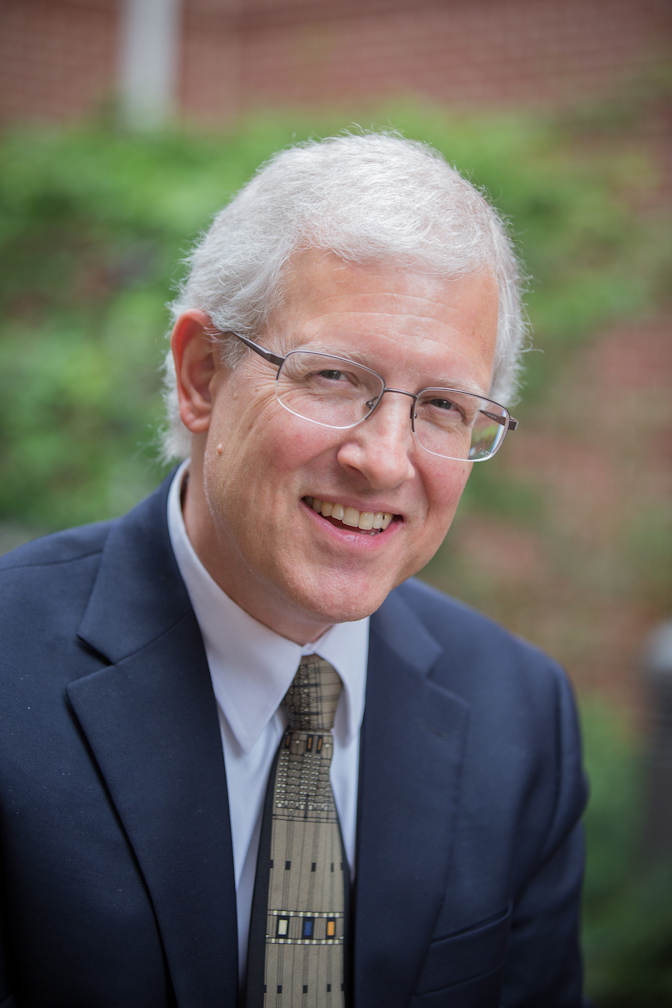Newsroom and Blog updates on Medically Underserved Areas
Partnerships to Establish and Sustain Rural GME: Q and A with Randy Longenecker, MD
The next post in the Partnerships to Establish and Sustain Rural GME series features an interview with Randy Longenecker, MD, from Ohio University Heritage College of Osteopathic Medicine.

May 20, 2024
Submit a session proposal to present at the 2025 ACGME Annual Educational Conference; Review and Comment proposed Program Requirements; participate in the Clinician Educator Journal Club; and more.
May 13, 2024
Read about the Mental Health and Well-Being in Transitions materials available in Learn at ACGME; participate in Review and Comment; and review the criteria for the Calls for Sessions for the 2025 ACGME Annual Educational Conference.
May 6, 2024
This edition includes information about the 2025 Annual Educational Conference Call for Sessions; the Clinician Educator Journal Club; the Medically Underserved Areas and Populations interest group, and more.
April 29, 2024
Participate in Review and Comment for Program Requirements and Milestones; read updates from Review Committees; register for webinars and the Clinician Educator Journal Club; and more.
Celebrating the Invaluable Contributions of ACGME Volunteers
The ACGME recognizes the hundreds of volunteers who dedicate their time and expertise to supporting the organization's Mission to improve health care and population health.

April 15, 2024
This edition of the e-Communication includes approaching deadlines for nominations, courses, and workshops; information about the Back to Bedside program; Review and Comment, and more.
April 8, 2024
Learn more about the Back to Bedside initiative; applying for the Barbara Ross-Lee, DO Diversity, Equity, and Inclusion Award; ways to be involved in work related to Medically Underserved Areas and Populations; the Clinican Educator Journal Club and more.
April 1, 2024
Read a special announcement about the ACGME's commitment to diversity, equity, and inclusion; about the ACGME's role in establishing a Advisory Commission on Alternate Licensing Models; and more.
March 25, 2024
This edition of the e-Communication includes the call for nominations for the 2025 ACGME Awards; Review and Comment opportunities, and more.
